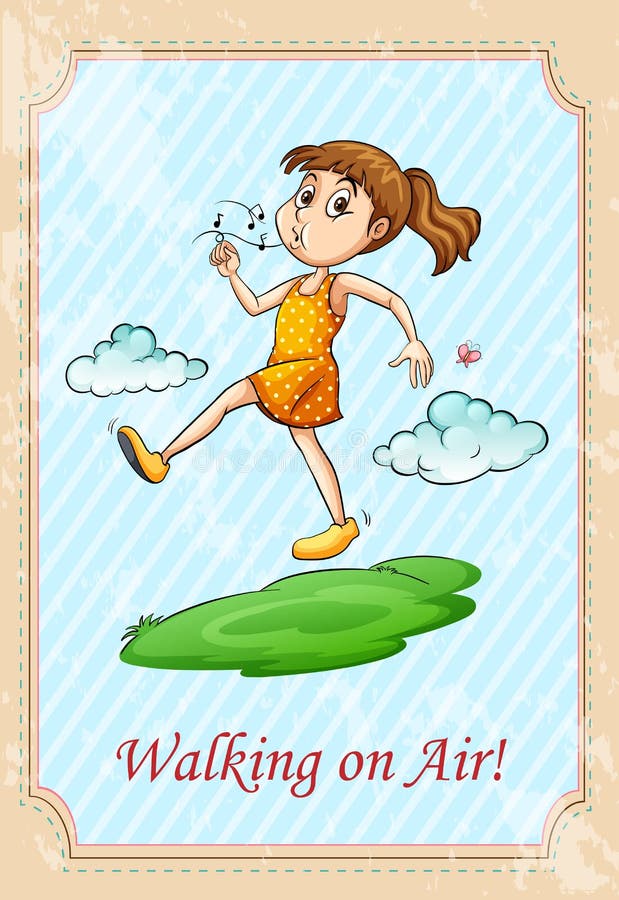

However long, dark, and cold a winter might be, the summer will be sweeter for it. The expression came to mean “hardships bring good times” - like a kind of tempering. What’s more, a slow melting snow provides moisture and nitrogen from the air, both of which are essential to a fertile farm. Today, we know that it’s because a snow-covered crop will not sprout too early.

This idiom springs from the observable phenomenon that often a snow-covered field will then have a greater yield in the harvest season. They watched their crops and they learned. Long before we knew about nitrogen and photosynthesis or any chemical elements at all, peasants knew their fields. Wisdom is knowing not to put it in a fruit salad.” A snow year, a rich year As the Irish rugby player, Brian O’Driscoll put it, “Knowledge is knowing that a tomato is a fruit. Street wisdom and mother-wit is what gets things done. But, as has been known for millennia, smart does not mean wise. So, “clergy” in this 18th century proverb refers to “book smarts.” It is both the lessons from the pulpit and knowledge on a blackboard. The oldest schools in Europe were often attached to a cathedral. An ounce of mother-wit is worth a pound of clergyīefore the state-funded school system and secular universities, most formal education was organized by the church. So, without any more “beating around the bush” (or “walking through hot porridge,” if you’re Czech), here are seven lost idioms of the English language and what they can teach us. They teach us how our forebears saw the world, and what mattered enough to make a catchy turn-of-phrase about it. Idioms not only teach us about a people, they also teach us about our past.


 0 kommentar(er)
0 kommentar(er)
